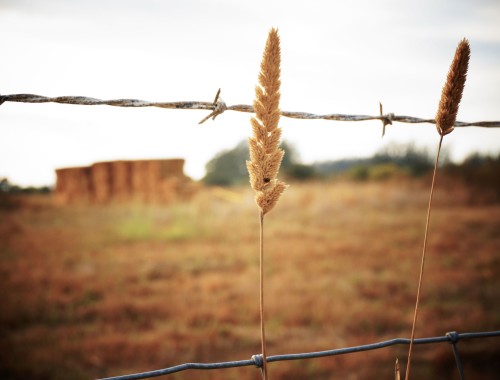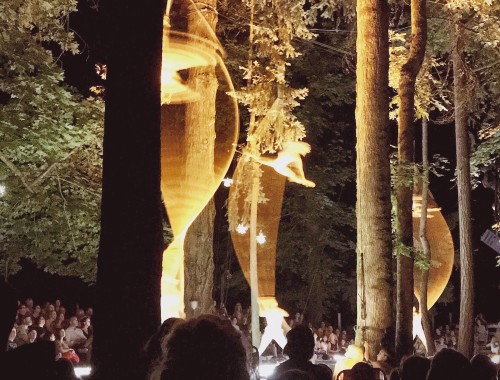Like it or not, divorce has become a modern rite of passage. It’s a guaranteed topic at the company quarterly mixer, a point of commiseration. Everyone has a story about someone that involves divorce.
We might pass through this rite of passage peacefully or go kicking and contesting. It might get expensive—far more expensive than that wedding you wondered (in a terrifying, private moment over a bottle of Chablis) if you really wanted. It might end with little more fanfare than an online filing and the calculated division of assets.
The Beginning
My divorce began years before anything was said. Years before the actual dissolution. It emerged as a subtle unease between us, a feeling of stretching beyond the boundaries of the membrane we had made of our marriage. I began to get flashes of a life without my husband. But why? I loved him, and he was devoted to me. Why was I picturing a dresser filled with only my things? A bed and only me in it? The day my key would turn in the lock and I would return to a space all my own.
My body stepped in to answer these questions when my mind failed to respond. Intimacy between us turned into disinterest, aversion, and finally into a Herculean task. Still, we talked about a baby. We tried thermometers and awkward scheduling and rote sex in the marriage bed to make that baby come alive. A baby would be the balm. This child would get us out of ourselves and focus us on something greater. Just look at my handsome husband—he would make such a wonderful father.
But what if that something greater was calling us out of the marriage? Into the lives we were to live after the end of this life we had built together?
I refused to contemplate any further.
The Middle
Another factor slowed the dissolution, twining itself around our marriage the way parasitic mistletoe gloms onto a tree: we were afraid. Certain seasons obscured the parasite—buy a new house, move to a new city, switch jobs—but when the leaves inevitably fell again the mistletoe remained, looking a bit like a nest in our marriage tree. It wasn’t a nest, of course, and we could no longer roost there together.
More questions on the heels of this realization. Were we unconsciously sabotaging a good thing? Did we need more counseling? Could we be projecting our personal struggles onto this, the hallowed relationship?
To end a marriage with someone you dearly love can be as complicated as leaving a toxic situation. We still see marriage as the ultimate litmus test for loyalty, stability. Success. The pat phrase, “We grew apart” held no more meaning for my husband and me than did the legal declarations for divorce. Our differences weren’t irreconcilable. There was no cruelty, no fault. We had simply grown, each now outsized as Alice in what we had been.
In this way, our divorce wasn’t personal. It wasn’t about me or him or someone else who may be stepping in to make him eggs of a Sunday morning. It was about a shared—but ultimately individualized—growth process. It was a product of our having lived, loved, and moved on.
I believed marriage would be the blueprint for my years and that it would give me the babies, the houses, the shared beds and car payments and memories that come with being together this way. I pictured his kind, aging eyes over a glass raised to us on our golden anniversary. I became a wife.
The End
The truth was my marriage and accompanying wifeliness was one of many blueprints for my life. I learned what it was to love and to be married. And I learned that this can change. What we need in life changes, and the people we need will change as well. Growth demands change, and it trumps mistletoe in the tree every time.
I came to see that the reasons for my divorce are shared. Universal. My divorce wasn’t about failing at something that should have endured. It was simply about our need to experience ourselves outside of our marriage as much as we had needed to be married in the first place. And isn’t that the thrust of every life, experience?
Divorce no longer carries the stigma it once did, the judgment. “She’s going through a bad one,” we say around the water cooler, or at the company mixer while nibbling on cheese. “Ah, that’s hard,” comes the answer. “I remember my sister’s last year, all those unbearable details.”
We all nod, chewing, because whether we have personally endured this or not, we understand. It is the common thread of love and loss and growth that we know. She will go through it and emerge yet again.



